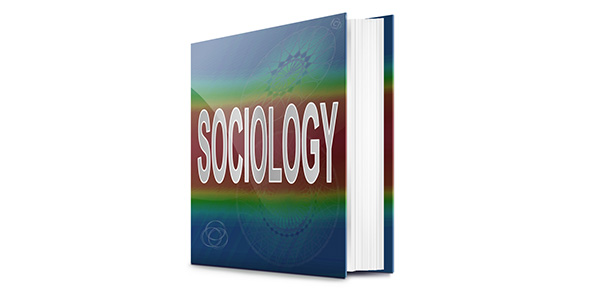Related Flashcards
Related Topics
Cards In This Set
| Front | Back |
|
The process of attending to some information received by our senses and ignoring other information.
|
Selective Attention
|
|
The process of receiving information about and making sense of the world around us.
|
Perception
|
|
Organizing people and objects into preconceived categories that are stored in our long-term memory.
|
Categorical thinking
|
|
Visual or relational images in our mind representing the external world.
|
Mental Models
|
|
The process of assigning traits to people based on their membership in a social category.
|
Stereotyping
|
|
The perceptual process of deciding whether an observed behaviour or event is caused largely by internal or external factors
|
Attributionn Process
|
|
The tendency to see the person rather than the situation as the main cause of that person's behaviour
|
Fundamental attribution error
|
|
The tendency to attribute our favourable outcomes to internal factors and our failures to external factors
|
Self-serving bias
|
|
Occurs when our expectations about another person cause that person to act in a way that is consistent with those expectations
|
Self-fulfilling prophecy
|
|
A perceptual error whereby our general impression of a person, usually biased on one prominent characteristic, colours our perception of other characteristics of that person
|
Halo effect
|
|
A perceptual error in which we quickly form an opinion of people based on the first information we receive about them
|
Primary effect
|
|
A perceptual error in which the most recent information dominates our perception of others
|
Recency effect
|
|
A perceptual error in which we overestimate the extent to which other have beliefs and characteristics similar to our own
|
False-consensus effect
|
|
A model of mutual understanding that encourages disclosure and feedback to increase our own open area and reduce the blind, hidden, and unknown areas
|
Johari Window
|
|
A theory stating that the more we interact with someone, the less we rely on stereotypes to understand that person
|
Contact hypothesis
|






